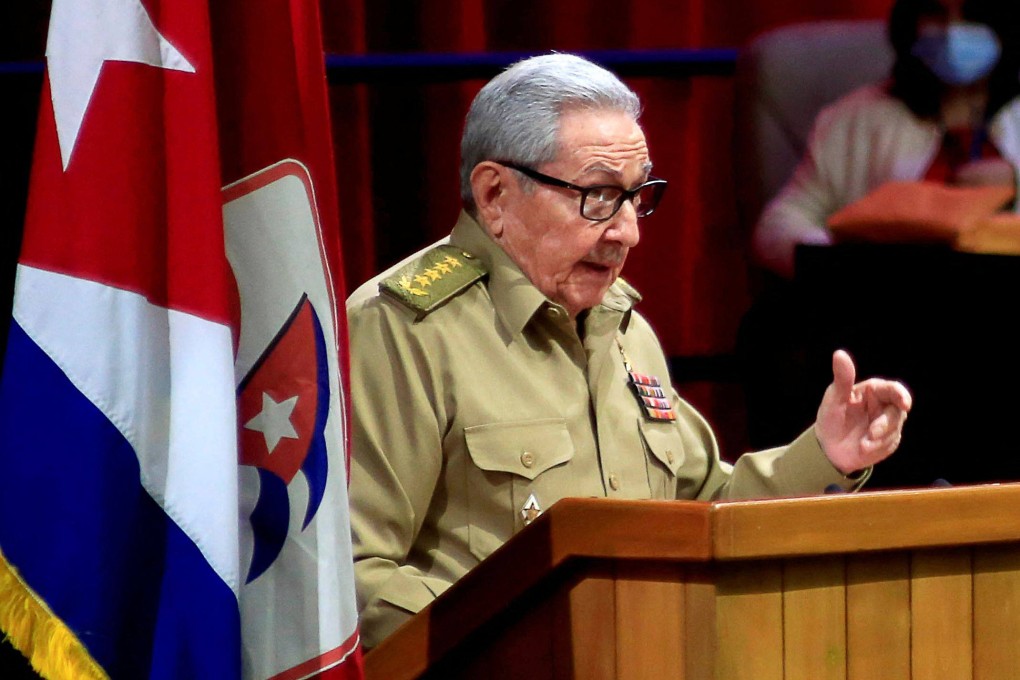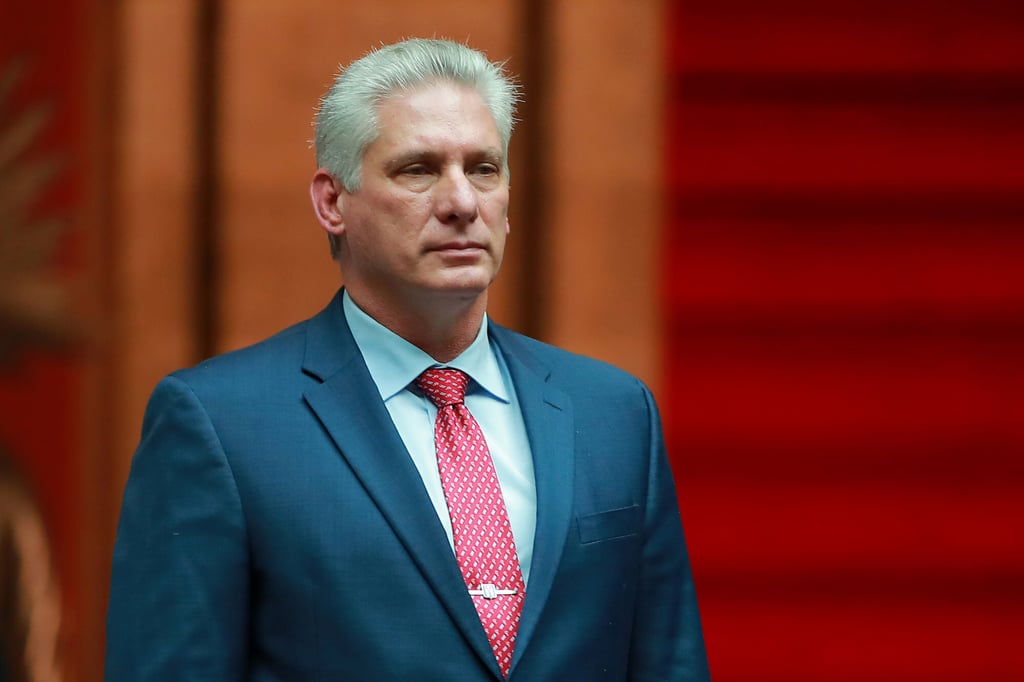Raul Castro steps down, ending long era in Cuba
- The 89-year-old leader confirmed he was resigning as head of the country’s Communist Party, but did not say who he would endorse as his successor
- His retirement means that for the first time in more than six decades, Cubans won’t have a Castro formally guiding their affairs

Raul Castro said on Friday he is resigning as head of Cuba’s Communist Party, ending an era of formal leadership by him and his brother Fidel Castro that began with the 1959 revolution.
The 89-year-old Castro made the announcement Friday in a speech at the opening of the eighth congress of the ruling party, the only one allowed on the island.
He said he was retiring with the sense of having “fulfilled his mission and confident in the future of the fatherland”.

Castro did not say who he would endorse as his successor as first secretary of the Communist Party.
But he previously indicated that he favours yielding control to 60-year-old Miguel Diaz-Canel, who succeeded him as president in 2018 and is the standard bearer of a younger generation of loyalists who have been pushing an economic opening without touching Cuba’s one-party system.
His retirement means that for the first time in more than six decades Cubans won’t have a Castro formally guiding their affairs, and it comes at a difficult time, with many on the island anxious about what lies ahead.
The coronavirus pandemic, painful financial reforms and restrictions imposed by the Trump administration have battered the economy, which shrank 11 per cent last year as a result of a collapse in tourism and remittances.
Long food lines and shortages have brought back echoes of the “special period” that followed the collapse of the Soviet Union in the early 1990s.